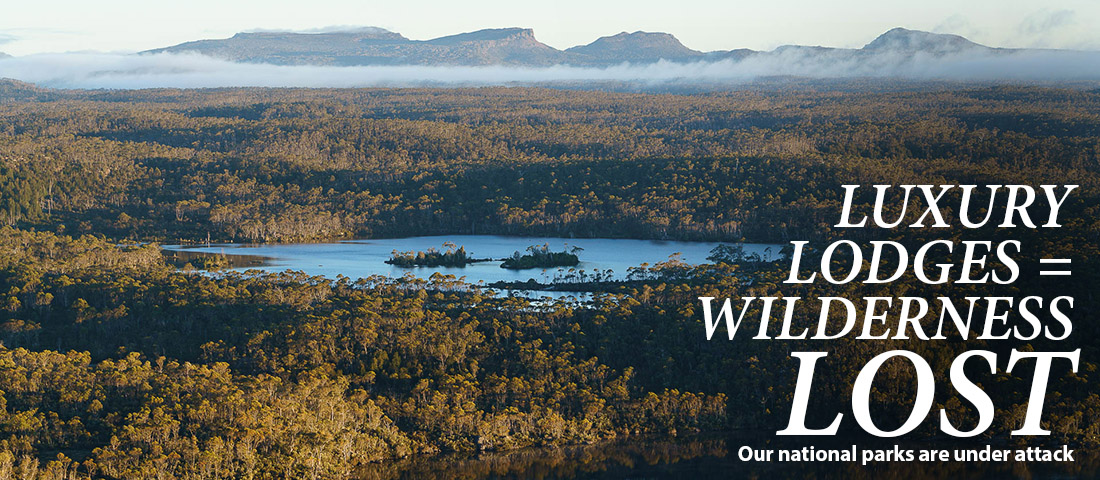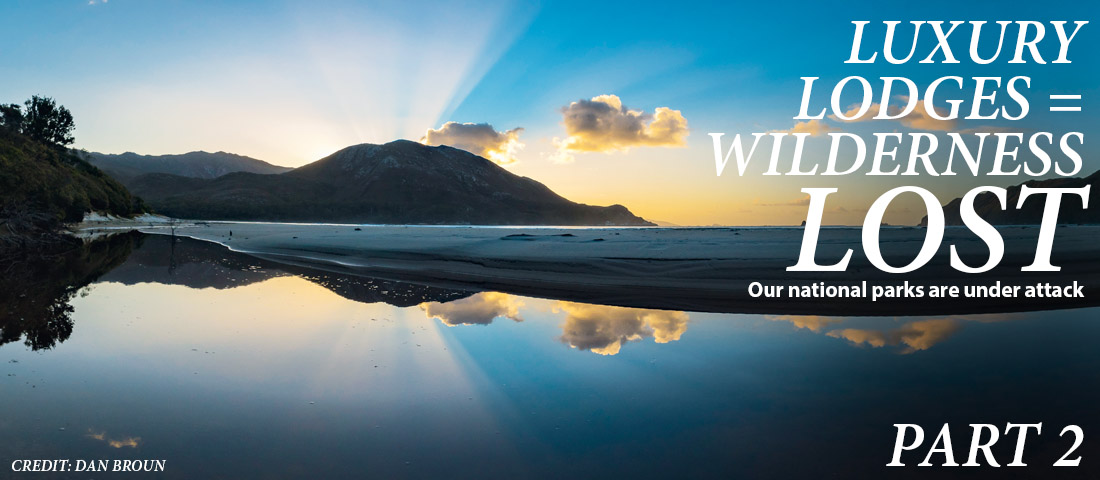“As an outdoor enthusiast, I believe it’s my duty to take an active stance on issues affecting our natural world.” – Darren Edwards
The Allure of Luxury Ecotourism
Beneath the glimmering promise of “luxury ecotourism,” where plush lodges blend with wilderness trails and gourmet meals fuel your adventures, lies a hidden cost. While the idea of experiencing nature’s majesty in five-star comfort may seem ideal, its footprint on our most precious wild spaces paints a different picture. Let’s navigate the alluring labyrinth of this trend and unveil the dangers that lurk beneath the polished veneer.
Imagine it: waking up to the symphony of birdsong, your window framing a breathtaking panorama of untouched wilderness. You embark on a guided exploration, traversing ancient forests and encountering captivating wildlife, all before returning to a haven of indulgent luxury lodges and exquisite cuisine. This is the siren song of luxury ecotourism, luring us with the promise of reconnecting with nature while pampering ourselves in the lap of luxury. Its appeal is undeniable – who wouldn’t be tempted by such an experience?
However, this enchanted melody carries a discordant note. The construction of high-end lodges, sprawling infrastructure, and increased foot traffic within protected areas disrupts delicate ecosystems, fragments natural landscapes, and strains vital resources. It’s like setting up a grand ballroom in the heart of a thriving coral reef, sacrificing one precious treasure for fleeting pleasure.
Research paints a sobering picture. Studies have shown that luxury ecotourism projects in sensitive areas can lead to a drastic decline in biodiversity, with a 50% decrease in some cases. Imagine the vibrant tapestry of life unraveled, one thread at a time, replaced by the monotony of steel, concrete and manicured lodgings.
But the concern extends beyond environmental damage. High-priced lodges often restrict access to those with wealth, creating a two-tiered system where wilderness becomes a playground for the elite. Meanwhile, communities who hold cultural and spiritual connections to these lands witness their traditions eroded by commercial enterprises. It’s as if erecting a gilded wall around our natural heritage, shutting out the ordinary citizens who yearn to experience its wonders.
Untamed Habitats for Thriving Ecosystems
Safeguard clean water, fresh air, and a healthy planet for all.
Unplugging for Body, Mind, and Spirit
Ensure outdoor recreation, well-being, and cultural connections for everyone.
Balancing Profits with Wilderness Treasures
Preserve biodiversity and natural beauty for future generations.
LUXURY LODGES = WILDERNESS LOST
James McCormack, editor of WILD Magazine, explores what’s really going on in this two-part piece.
“We are a plague on the Earth. It’s coming home to roost over the next 50 years or so. It’s not just climate change; it’s sheer space, places to grow food for this enormous horde. Either we limit our population growth or the natural world will do it for us, and the natural world is doing it for us right now.”
“As an outdoor enthusiast, I believe it’s my duty to take an active stance on issues affecting our natural world.”
“The Earth will not continue to offer its harvest, except with faithful stewardship. We cannot say we love the land and then take steps to destroy it for use by future generations.”
“Never doubt that a small group of thoughtful, committed citizens can change the world; indeed, it is the only thing that ever has.”
“You cannot get through a single day without having an impact on the world around you. What you do makes a difference and you have to decide what kind of a difference you want to make.”
“The ultimate test of man’s conscience may be his willingness to sacrifice something today for future generations whose words of thanks will not be heard.”
“A nation that destroys its soils destroys itself. Forests are the lungs of our land, purifying the air and giving fresh strength to our people.”
“We have forgotten how to be good guests, how to walk lightly on the earth as its other creatures do.”
“If you’re an enthusiast of the outdoors, you need to be an activist to protect the outdoors, because otherwise you’re just a self-involved hypocrite.”


